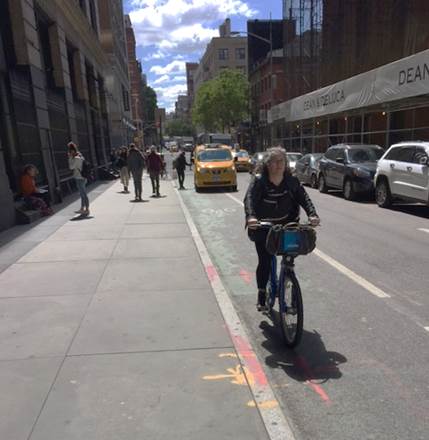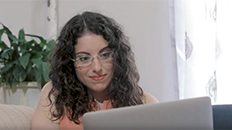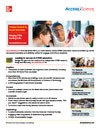The benefits of outdoor physical activity (exercise) outweigh the potential harm caused by air pollution except in the most highly polluted cities, according to epidemiological studies reported in the journal Preventive Medicine (February 2016). Exercise provides a number of health benefits, including reduced risks of cardiovascular disease, type 2 diabetes, and some cancers. Cycling and walking, for example, offer not just health benefits but also environmental advantages as pollution-free means of transportation. See also: Air pollution; Cancer (medicine); Epidemiology; Heart disorders; Sports medicine; Type 2 diabetes

The World Health Organization (WHO) reported that more than 80% of people who live in urban areas are exposed to air pollution in the form of fine particulate matter at levels that exceed safe limits. Sources of particulate matter include fossil-fuel combustion from motor vehicles and power plants, for example. Fine particulate matter is especially harmful to human health because the tiny particles can be inhaled deep into the lungs. Once trapped there, the particles can impair lung function or enter the bloodstream to cause heart disease and cancer. See also: Combustion; Diesel engine; Environmental toxicology; Internal combustion engine; Particulates; Reduction of diesel engine particulate emissions
Knowing the concentration of particulate matter in the air you breathe is important because even in cities with high concentrations of airborne particulate matter, health benefits from outdoor exercise can still be attained if your exposure is appropriately limited. For example, even in air in which the concentration of fine particulate matter is five times the global average, the net health benefits remain positive for cycling trips up to 1.5 hours per day. Walking remains beneficial for trips up to 10 hours per day.
Avoiding the most traffic-congested roadways is another means of reducing exposure to traffic-generated pollution, other researchers have found. So choosing your route is important, too.





